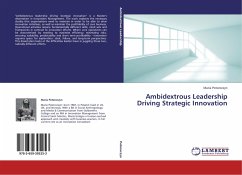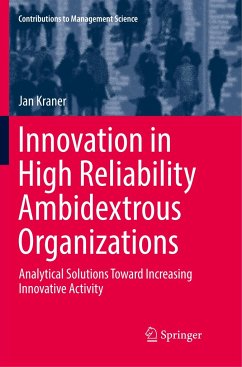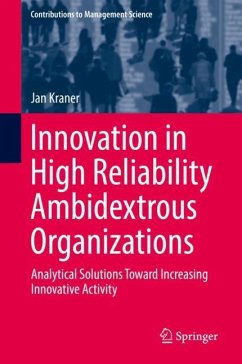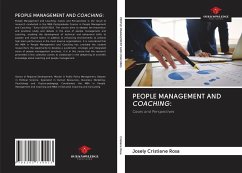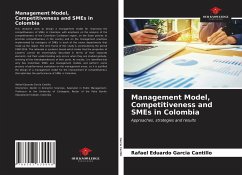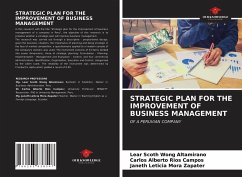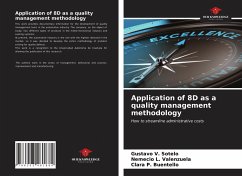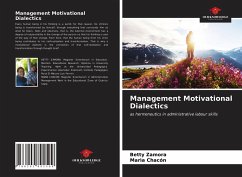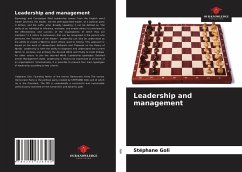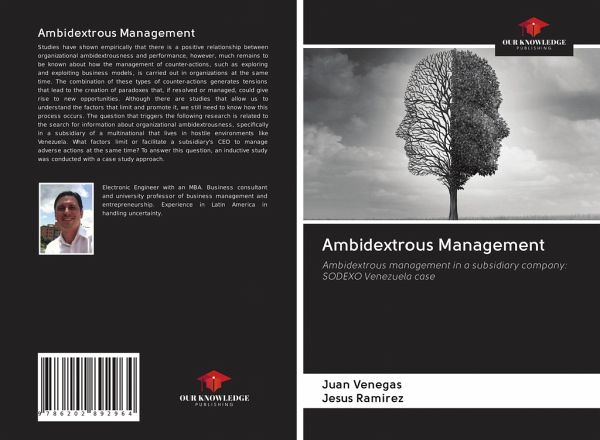
Ambidextrous Management
Ambidextrous management in a subsidiary company: SODEXO Venezuela case
Versandkostenfrei!
Versandfertig in 1-2 Wochen
18,99 €
inkl. MwSt.

PAYBACK Punkte
9 °P sammeln!
Studies have shown empirically that there is a positive relationship between organizational ambidextrousness and performance, however, much remains to be known about how the management of counter-actions, such as exploring and exploiting business models, is carried out in organizations at the same time. The combination of these types of counter-actions generates tensions that lead to the creation of paradoxes that, if resolved or managed, could give rise to new opportunities. Although there are studies that allow us to understand the factors that limit and promote it, we still need to know how...
Studies have shown empirically that there is a positive relationship between organizational ambidextrousness and performance, however, much remains to be known about how the management of counter-actions, such as exploring and exploiting business models, is carried out in organizations at the same time. The combination of these types of counter-actions generates tensions that lead to the creation of paradoxes that, if resolved or managed, could give rise to new opportunities. Although there are studies that allow us to understand the factors that limit and promote it, we still need to know how this process occurs. The question that triggers the following research is related to the search for information about organizational ambidextrousness, specifically in a subsidiary of a multinational that lives in hostile environments like Venezuela. What factors limit or facilitate a subsidiary's CEO to manage adverse actions at the same time? To answer this question, an inductive study was conducted with a case study approach.



